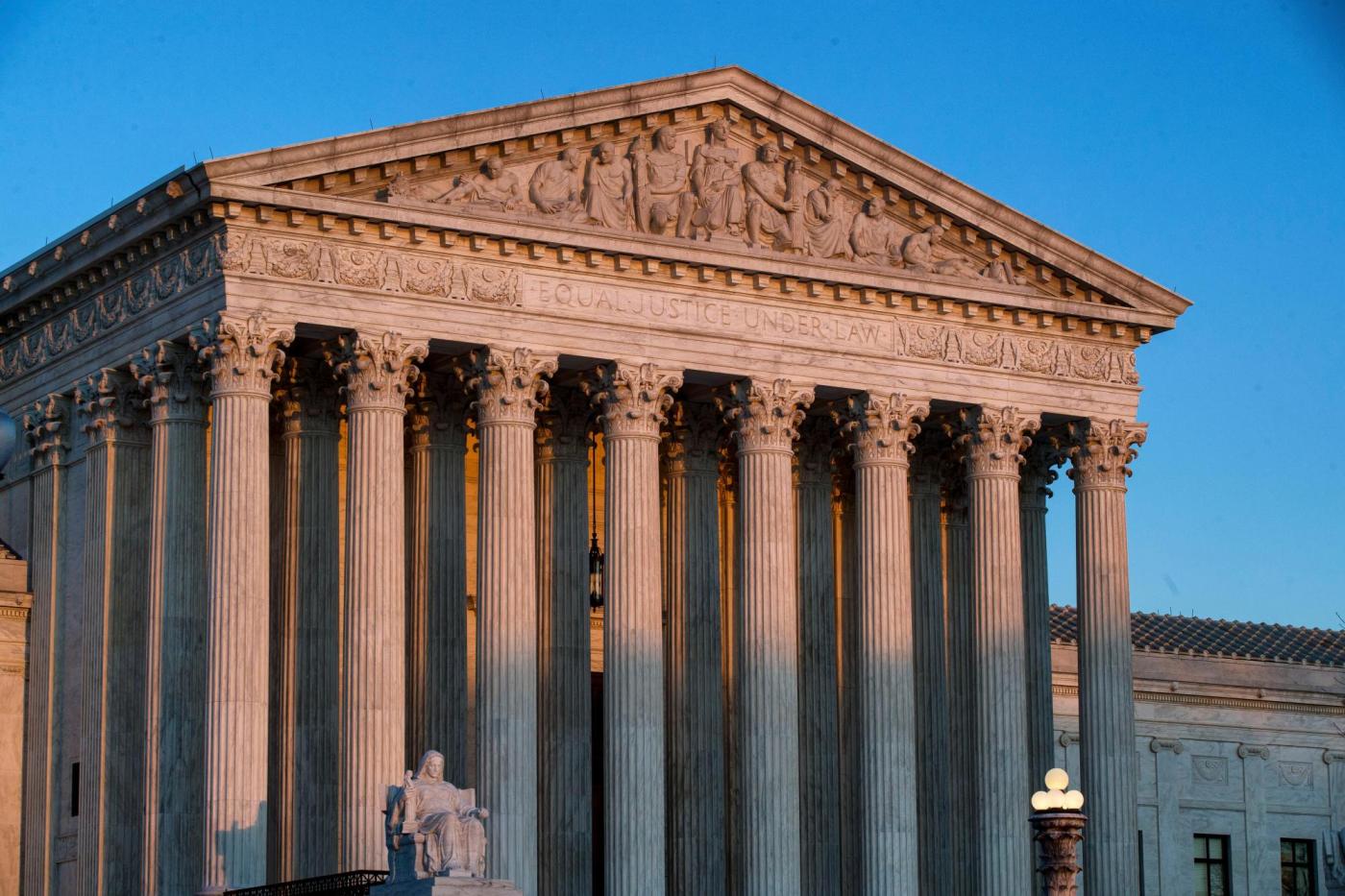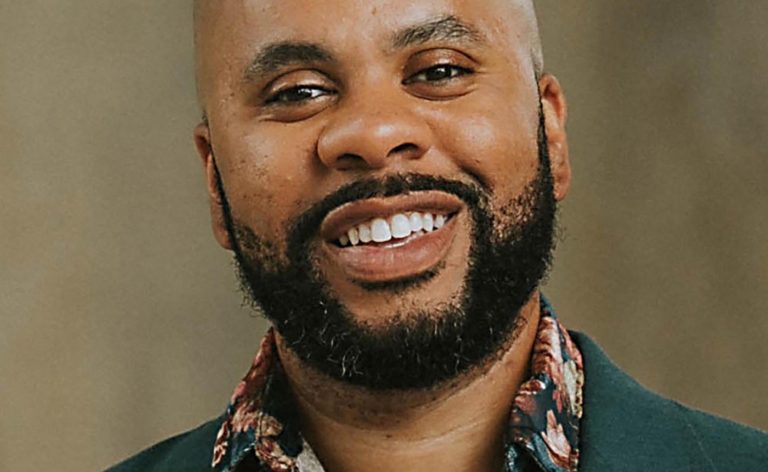Washington — The Supreme Court on Thursday rejected a controversial settlement that would have sent billions of dollars to treatment programs and victims of the nation’s opioid epidemic but also shielded the Sackler family from future lawsuits despite the fact that it made its fortune selling prescription opioids.
Justice Neil Gorsuch wrote the opinion for a 5-4 majority.
“The Sacklers seek greater relief than a bankruptcy discharge normally affords, for they hope to extinguish even claims for wrongful death and fraud, and they seek to do so without putting anything close to all their assets on the table,” Gorsuch wrote. “Describe the relief the Sacklers seek how you will, nothing in the bankruptcy code contemplates (much less authorizes) it.”
Kavanaugh said in dissent that the court’s decision will have a “devastating” impact on thousands of victims of the opioid epidemic.
“As a result, opioid victims are now deprived of the substantial monetary recovery that they long fought for and finally secured after years of litigation,” he wrote in the dissent, which was joined by Chief Justice John Roberts and liberal Justices Sonia Sotomayor and Elena Kagan.
He went on to implore Congress to amend US bankruptcy law to “fix the chaos that will now ensue” from the court’s ruling.
“The Court’s decision will lead to too much harm for too many people for Congress to sit by idly without at least carefully studying the issue,” Kavanaugh wrote.
Related Articles
Supreme Court seems poised to allow emergency abortions, a Bloomberg News report says
40 years ago: SCOTUS decision vs. the NCAA changed college sports
Supreme Court sides with mayor accused of accepting a $13,000 bribe in latest ruling to limit public anti-corruption laws
Supreme Court allows White House to press social media companies to remove disinformation
Feldman: Supreme Court’s far right faces a free-speech problem
As the nation continues to grapple with the opioid epidemic, the Sackler family had agreed to pay $6 billion to families and states as part of an agreement to wind down Purdue Pharma, the maker of OxyContin. In exchange, the Sackler family would be immunized from future civil liability claims.
Those supporting the bankruptcy argued the yearslong process had gone on long enough and was unlikely to yield additional money from the Sackler family. The vast majority of known current opioid victims and their families supported the agreement.
But the Justice Department said it was a raw deal for victims – particularly potential future victims. While such third-party “release” arrangements are not uncommon in bankruptcies, the department argued that nothing in the law explicitly authorizes a court to bar future lawsuits forever.
The case dealt with the fate of a company and its leaders who produced and promoted a highly addictive drug, OxyContin, in the early days of an opioid crisis that has claimed the lives of hundreds of thousands of Americans and shattered many more.
A federal appeals court in New York approved the deal last year but the Supreme Court paused the arrangement in August so it could review the case.
The-CNN-Wire
& © 2024 Cable News Network, Inc., a Warner Bros. Discovery Company. All rights reserved.












